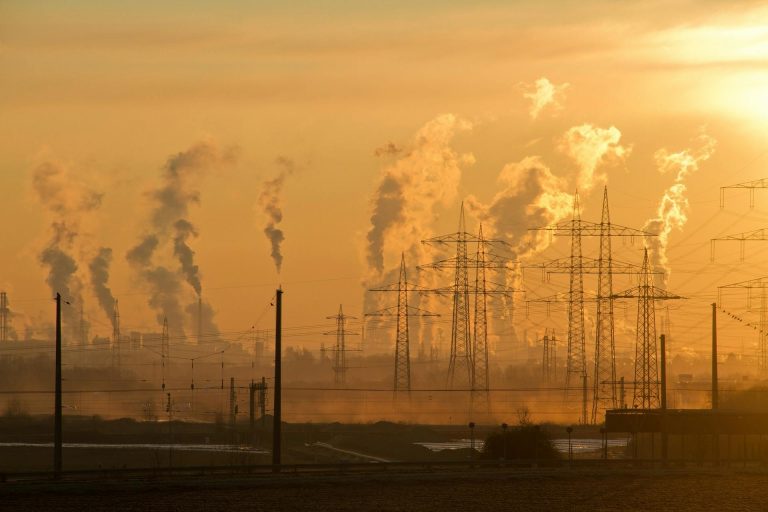The COP28 meeting of 2023 was held from November 20 to December 13 in Dubai. A key topic of COP28 was making plans for a fossil fuel phaseout. This climate conference discussed a goal of ensuring global warming was limited to 1.5 degrees Celsius. The phaseout is a way to help meet this goal.
Burning fossil fuels affects the changing climate and raises temperatures. Changes to the climate have created dire weather conditions. These conditions can have lasting effects. In addition, pollution caused by fossil fuels can cause health problems. These health problems can include asthma, cancer, bronchitis, and heart disease.
COP28 and Fossil Fuel Phaseout
COP stands for Conference of the Parties. According to the International Rescue Committee (IRC), a COP conference is “a global climate conference.” At COP conferences, governments that are committed to addressing climate concerns discuss policy. The COP28 conference happened in 2023. This meeting was the twenty-eighth COP conference. The conference lasted from November 30 to December 13. It took place in Dubai. 85,000 people attended the conference.
The COP28 gathering had a major impact on plans for phasing out fossil fuels. A key climate change goal is keeping global warming to within 1.5 degrees Celsius. Moving away from fossil fuels is an important part of meeting this goal. Dr. Sultan Al Jaber, COP28 President, noted the fossil fuel phaseout priority in a statement. According to Dr. Al Jaber, it featured “for the first time” within a final agreement.
Impacts on the Environment
According to the Union of Concerned Scientists (UCS), humans affect climate change. The UCS explains that human climate change impact is “primarily from burning fossil fuels.” The USC states that this human activity influences “the rising trend in global average temperatures.” Weather manifestations of climate change have ranged from wildfires to floods. Devastating weather patterns have had economic and ecological effects. According to the UCS, “climate impacts are being experienced disproportionately by people in developing countries.”
The UCS states that environmental effects come from fossil fuel “refining, distribution, combustion, and disposal.” These processes cause pollution of land, air, and water. Emissions from driving vehicles such as buses, trucks, and cars also contribute to air pollution. The transition to vehicles without pollution-process tailpipe emissions is in process. A responsible and quick fossil fuel phaseout is the next step toward lessening pollution.
Public Health Impacts
Pollution caused by fossil fuels can have a variety of negative health impacts. It can contribute to cancer, heart disease, asthma, and lung disease. Air pollution is one form of pollution that fossil fuels contribute to. Many people in the United States are around unhealthy amounts of air pollution. The estimated number of people is 120 million. Bronchitis and nervous system damage are two health problems air pollution can cause.
One form of fossil fuel pollution is particulate matter. Particulate matter (PM) is also known as particle pollution. The Environmental Protection Agency (EPA) defines particulate matter. The EPA defines PM as “a mixture of solid particles and liquid droplets.” This mixture is in the air and can be breathed in. Breathing in particulate matter can be deleterious to health. Fossil fuel combustion emissions produce potentially harmful particulate matter. The UCS states that this “is single-handedly responsible for up to 50,000 premature deaths” yearly.
Phaseout Timeline
According to the UCS, a fossil fuel phaseout is “already underway.” There are already possibilities for safe and clean energy alternatives. The UCS suggests intelligent policies could “reduce… emissions by more than 50% below 2005 levels.” This emissions level change could occur by 2030. Net-zero emissions could be achieved by 2050. The UCS predicts that a phaseout could be half-complete by 2040. Eighty percent of a phaseout could be achieved by 2050.








